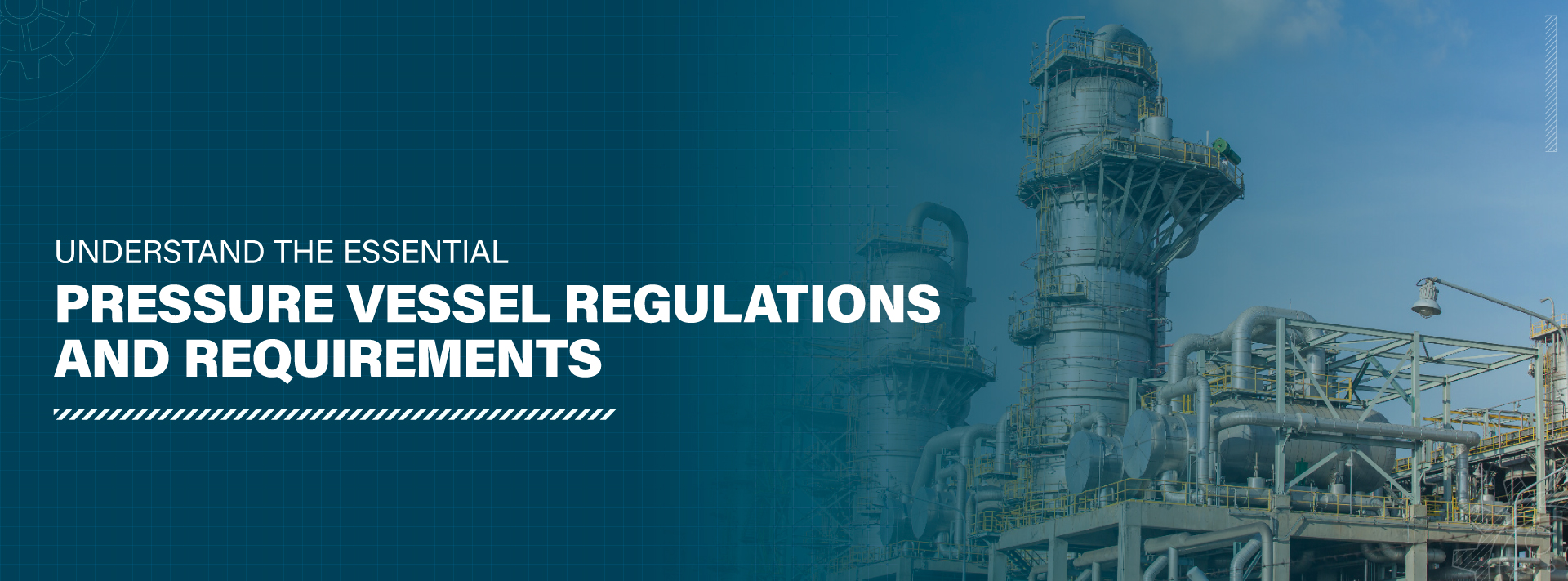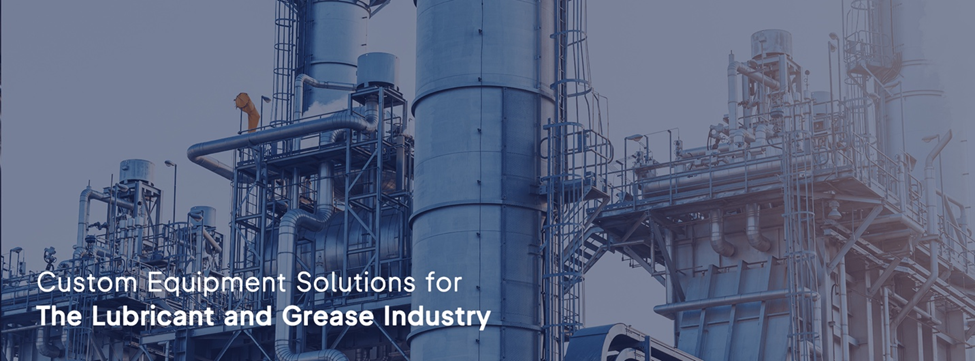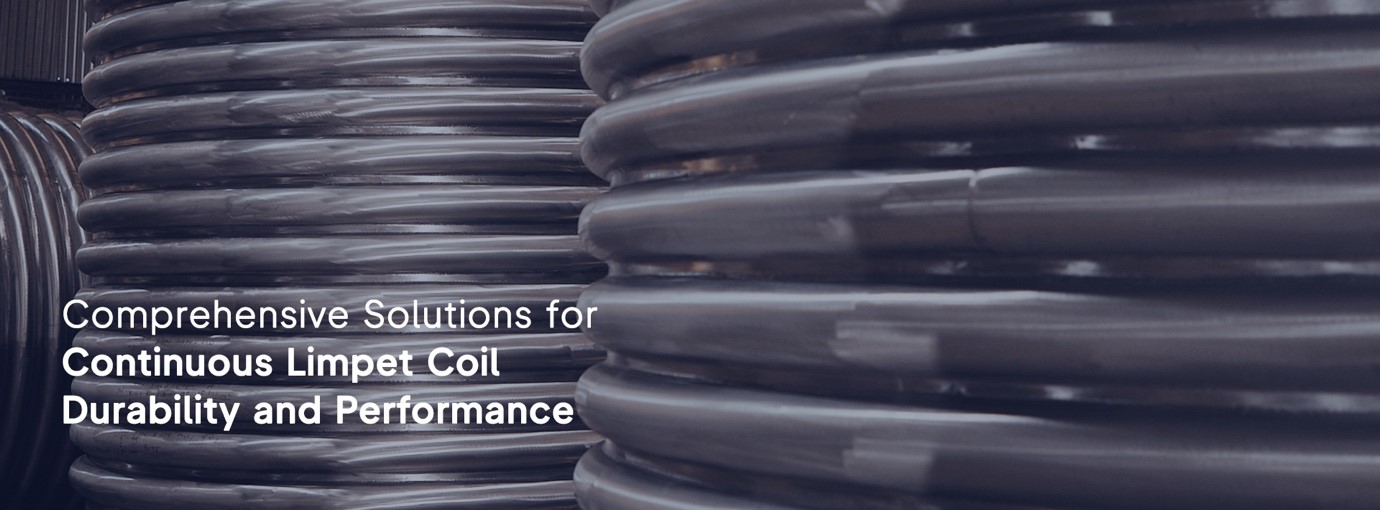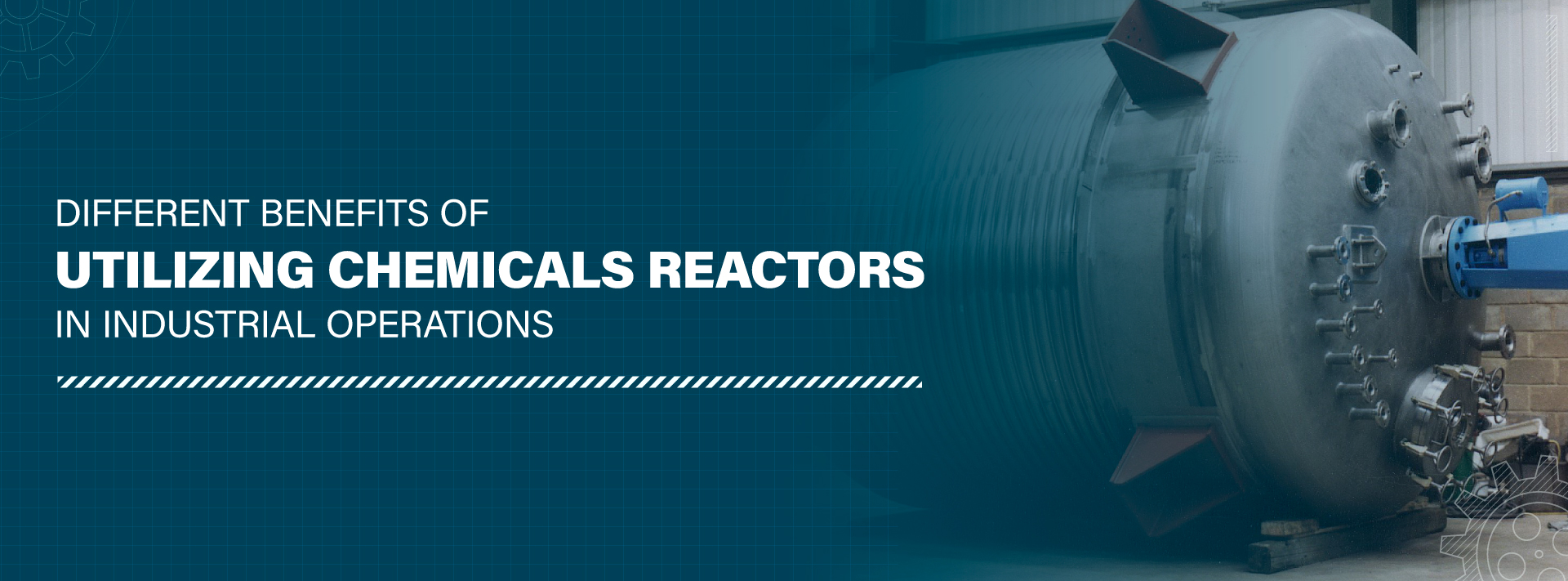In various industries, pressure vessels play a crucial role by facilitating critical processes that require high pressures and temperatures. Industrial pressure vessels are used for storing and transporting gases and liquids under high pressure in the power generating, oil and gas, chemical, and pharmaceutical sectors. Due to their dangerous operations, these vessels must meet strict design and construction criteria to guarantee safety.
As a prominent pressure vessel manufacturer in India, Stalwart International recognizes the significance of regulatory compliance in such a sensitive industry. We have been producing industrial pressure vessels for clients in various industries for over four decades in strict accordance with the most recent international codes and standards. Our unwavering dedication to quality and safety has made them a dependable partner among the leading process industries.
The Necessity of Compliant Pressure Vessels
Pressure vessels are confined containers intended to contain gases or liquids at a pressure significantly different from ambient pressure. There are a variety of crucial industrial applications that require pressurized storage or transport of substances across industries.
However, the essential thing to note is that defects or non-compliance in design, material, and fabrication may result in catastrophic pressure vessel failures such as rupture or detonation. These disasters threaten lives, destroy property, and contaminate the environment because of high pressures and temperatures. Several factors can lead to the failure of the equipment, like:
- Operating above the allowable or designed working pressure
- Improper setting of pressure relief devices
- Poor Maintenance
- Improper installation
- Fatigue from repeated pressurization
- Corrosion, erosion, and cracking
However, all major complications can be avoided if the equipment is designed by a reliable pressure vessel manufacturers in India by adhering to the highest industry standards and practices.
Also Read: Different Types Of Pressure Vessels
What are the Pressure Vessel Codes and Standards?
Compliance with established international and national regulations and standards is critical for the safe design, manufacture, and operation of pressure vessels worldwide. Like the ASME Boiler and Pressure Vessel Code (BPVC) is a set of standards to regulate the design and construction of boilers and pressure vessels. The ASME BPVC was issued in 1914 after a disastrous, tragic explosion in a shoe factory in Massachusetts during the early 1900s.
Besides ASME, there are other prominent codes to overlook in the development of safe pressure vessels, like:
IS 2825 – The Standard Code for Unfired Pressure Vessels in India
Pressure vessels in India must conform with IS 2825. This standard, published by the Bureau of Indian Standards (BIS), specifies the design, fabrication, inspection, testing, and certification requirements for unfired pressure vessels. For high-pressure vessel suppliers in India, compliance with IS 2825 is required. The code has three key sections.
Section I: Materials and Design
This section outlines the general requirements and guidelines for selecting pressure vessel materials. It provides material standards and allowable tension values that must be considered during vessel design. It also includes the rules for calculating stresses on non-standard flange connections. For safety purposes, the section mandates the use of pressure relief devices.
Section II: Fabrication and Welding
According to IS 2825, this section focuses on fabrication processes and welding qualifications. It provides manufacturers with guidelines for vessel construction and quality of workmanship. There are specified qualifications exams that welders must pass. The criteria for the preparation and inspection of weld joints are also defined.
Section III: Testing and Certification
This section emphasizes the significance of periodic inspection and testing of pressure vessels. It describes certification procedures for hydrostatic and other pressure testing. Guidelines are provided for designating vessels with critical design details. The code outlines the requirements for test data documentation. Detailed appendices provide compliance-related technical data in sufficient detail.
ASME Section VIII – The American Standard Boiler and Pressure Vessel Code
Section VIII of the American Society of Mechanical Engineers (ASME) Boiler and Pressure Vessel Code contains rules for constructing pressure vessels. This section is recognized internationally as a prominent standard. It is extensively acknowledged worldwide, not just in the United States.
The international code aims to enhance public safety by incorporating modernized techniques by pressure vessel manufacturers while constructing industrial process equipment. The extensive and worldwide recognized code covers guidelines on installing, operating, maintaining, and examining pressure vessels, transport tanks, and more while adhering to the highest standards of quality and safety.
‘R’ stamp, ‘CE and ISO regulations
Here is what each regulation signifies:
‘R’ Stamp
The ‘R’ stamp is a certification mark issued by the National Board of Boiler and Pressure Vessel Inspectors in the United States. A company can repair and modify boilers, pressure vessels, and other pressure-retaining equipment.
CE Marking
All EEA (European Economic Area) items must be CE-marked. The producer has verified that the product satisfies EU safety, health, and environmental protection standards. CE marking is necessary for most EU items.
ISO Regulations
The International Organization for Standardization (ISO) has developed a set of international regulations known as ISO regulations. These standards provide quality, environmental, and other business operations requirements and guidelines. ISO 9001 is a general quality management standard that companies frequently use to demonstrate their capacity to consistently deliver products and services that meet customer and regulatory requirements.
AD Merkblatter – German Pressure Vessel Standards
AD Merkblatter is the German Engineering Federation’s (VDMA) technical regulations for constructing, testing, and operating pressure apparatus such as boilers, pressure vessels, and piping. These standards are acknowledged throughout the German-speaking world.
The AD Merkblatter standards are harmonized with the European Pressure Equipment Directive or PED (97/23/EC). The PED stipulates the essential health and safety requirements for designing and manufacturing pressure apparatus in EU and EEA member states.
Among the important aspects specified by the AD Merkblatter standards are:
- Selection of materials and specifications
- Design rules and formulas for determining allowable stresses
- Welding procedures and qualifications
- Inspection and testing protocols
- Requirements for pressure relief devices
- Marking and Documentation
AD Merkblatter-compliant pressure vessels can be freely traded within the EU/EEA single market by conforming to the PED.
Ensuring Safety and Quality With Stalwart International
Given the hazardous nature of pressure vessel operations, strict pressure vessel regulations and standards must be followed. The protocols provide manufacturers with exhaustive guidelines for designing and producing vessels that are safe, dependable, and compliant with international quality standards.
Stalwart International, a prominent pressure vessel manufacturer in India with decades of experience, has complied with all applicable codes and regulations through certifications such as ASME and National Board. Additionally, Stalwart International conforms with regional pressure vessel norms such as IS 2825, which is required for the Indian market.
Our high-pressure vessels are developed according to standards, built from materials with a proven track record, welded using coded welding processes, and looked at using authorized non-destructive testing methods. Stalwart International is your one-stop shop for industrial pressure vessels meeting the highest safety standards. Contact us today to discuss the requirements for your project.





